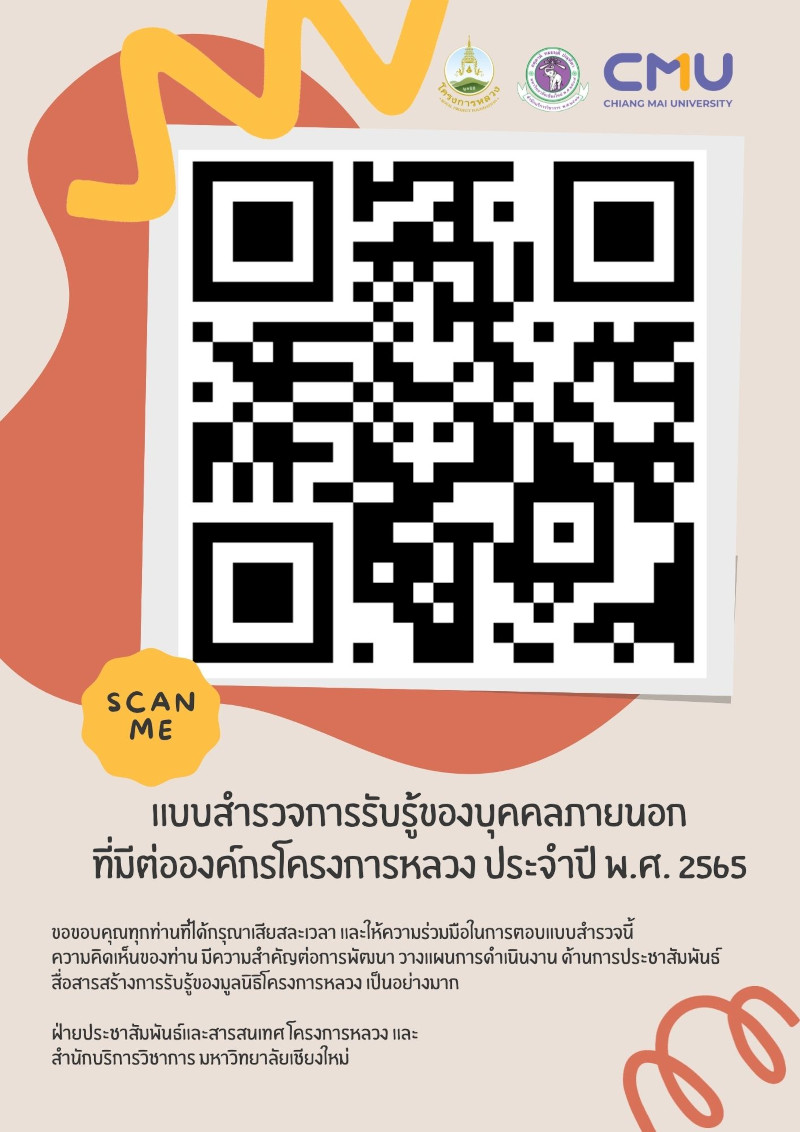News and Articles

International Workshop “The Application of the Royal Project Sustainable Highland Development Model in an Unsettled and Unpredictable VUCA World" 19 - 23 July 2023, Thailand
The workshop has been organized by the Royal Project Foundation with collaboration of Highland Research and Development Institute (Public Organization) HRDI, Thailand International Cooperation Agency (TICA), Ministry of Foreign Affairs, UNDP and ITC, to equip the participants with a comprehensive understanding and hands-on experiences of Thailand’s Sufficiency Economy Philosophy (SEP) and the Royal Project Foundation Model. Selected successful highland community development cases will also be presented as concrete examples.
This workshop is designed to prioritize officials from designated Southeast Asian and South Asian countries, including but not limited to Cambodia, Lao P.D.R., Myanmar, Vietnam, Timor-Leste, Sri Lanka, Bhutan, Bangladesh and Nepal, who are involved in agriculture and related fields. All participants are encouraged to share their experiences, best practices, techniques, and tools for community development in the VUCA world.
“The International Workshop on Royal Project Highland Quinoa Production and Knowledge Exchange" on March 29-30, 2023
On March 29, there is a workshop that focuses on maximizing the channel distribution of quinoa in Thailand and also a seminar on quinoa by academicians and experts from Thailand and members in Asian countries at ChanakaDhibesra Damri Royal Project Research and Development Center.
On March 30, the field trip on quinoa production will be held at Pand Da Royal Project Foundation in Samoeng District, Chiangmai province which open for interested people to visit and learn about highland quinoa production
Thailand’s CND66 Side Event – “HATS ON HILLS: The Inclusive Pathway on Alternative Development for Sustainability”Monday 13 March 2023, 14.10h-15.00h
The Royal Project Sustainable Alternative Development Model not only protects the natural “hats” on the highland, a symbol of forests, but also increases the "hats" from various alternative crops that the Model has encouraged farmers to grow for their income generation, poverty reduction, food security, better quality of life and natural resources and environmental restoration.
s
